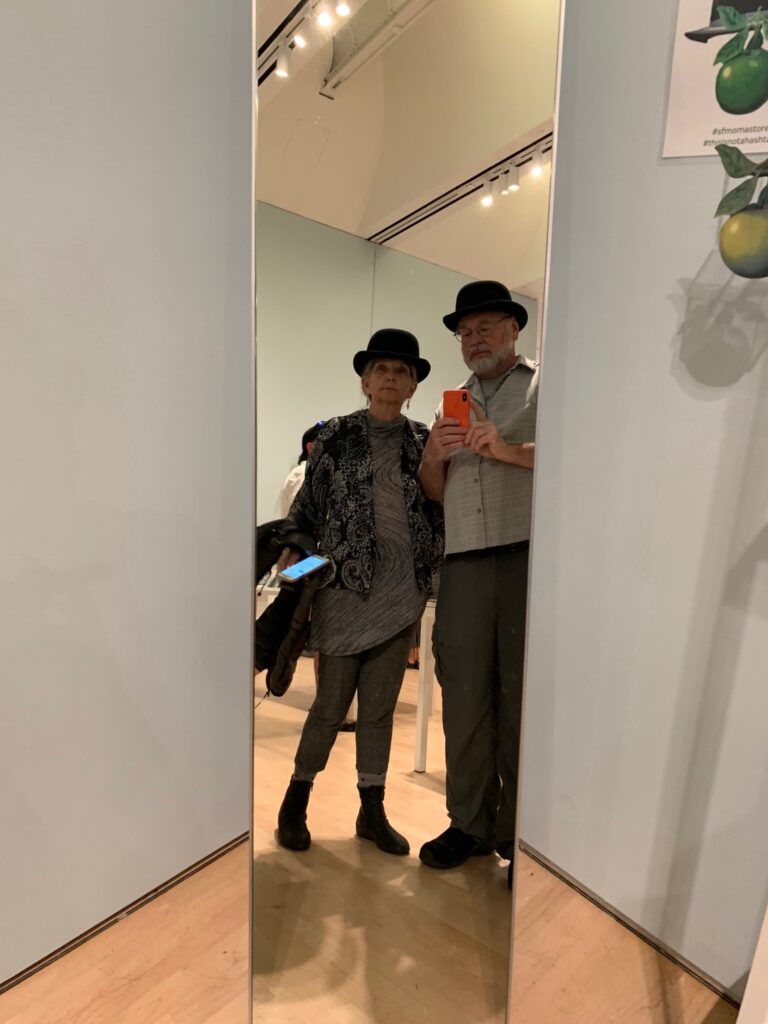
The Rogue Papers
-
Rogue Papers
-
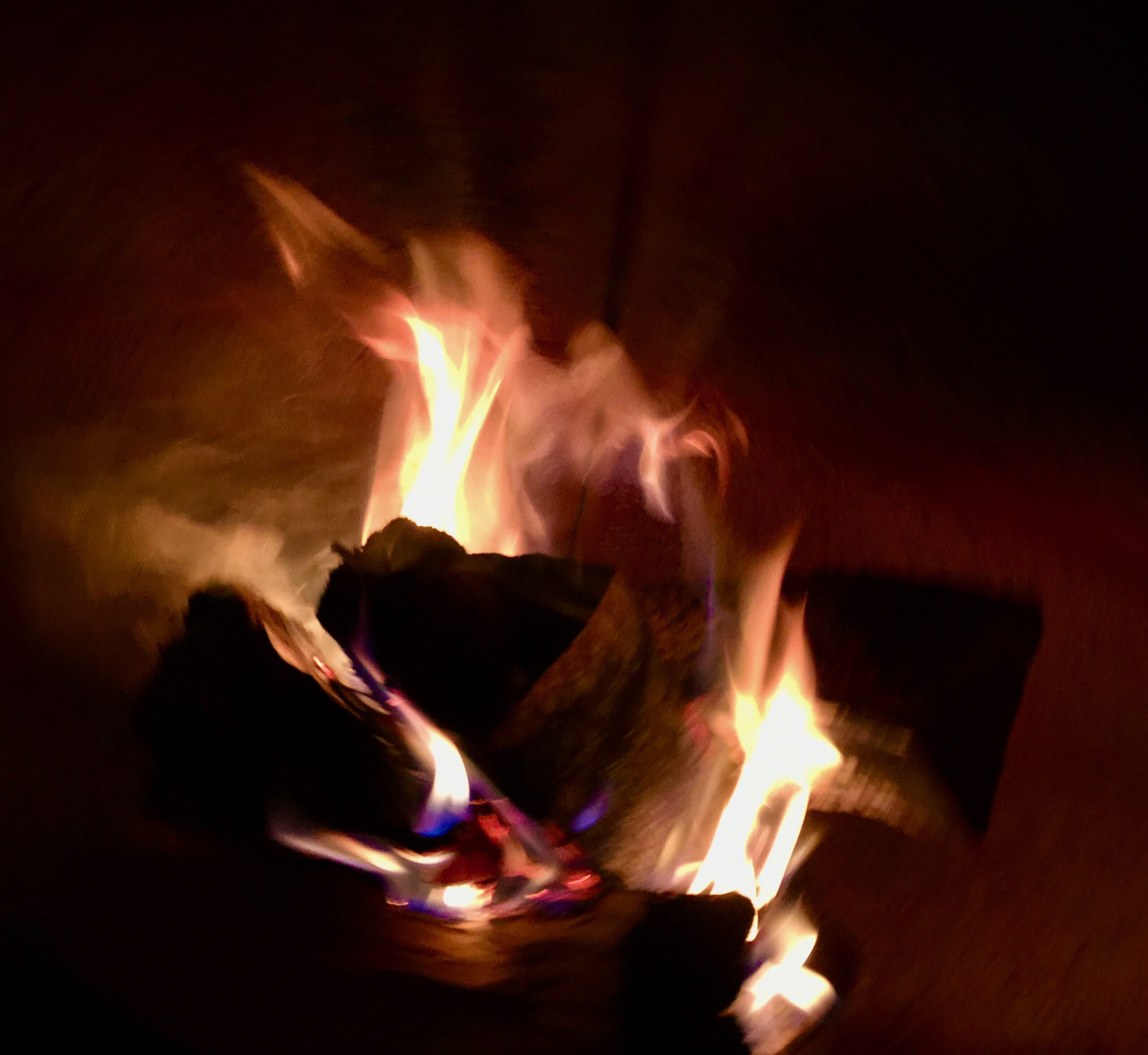
Where Does It Hurt?
During coronavirus, hurt appears to be silent.
Yet it dominates. It tries to define us, even becomes
the way we determine whether or not we are afflicted.
There is a woeful call for clarity.In addition to heat, which radiates all over our bodies,
we sense pain inside our souls. I recall hearing news
of my beloved grandmother’s death—43 years ago
in the time of the HIV plague.When I was notified, I felt a knife stabbing my heart,
my lungs. It was dull and intractable. The hurt never
abated. Every time hurt signaled I would never see
her again. The grief stayed in my heart,In my lungs, eventually seemed to leave me, but returns
often without notice. In this era, hurt is quiet in the
realm of humans for the most part. My throat is
scratchy now. It hurts to swallow.Frogs are croaking their throats out right beside
our window, seemingly unaware of the endless
suffering all around. When Aunt Mary had been
diagnosed with ovarian cancer—Her condition was treated with a year and a half of
chemotherapy. She hurt everywhere. In those days,
they gave you enough poison to kill a horse, not a
chicken as they do nowadays.Her entire body was on fire. I sat rocking our youngest,
watching the wind whip through the acacias. I was
angry that they did not stop dancing to acknowledge
her hurt as she descended into death.I reeled from the yellow pollen in the flowers of the
acacia. It made it hard for me to breathe, to nurse
our baby. My eyes flinched from itching and crying.
Forty years later, the hurt has dispersed.There is so much of it. We are cowering in our homes,
attempting to wait it out, but the pain of being human
follows us inside. Outside animals are seemingly not
hurting. Red-breasted robins pulp long fat wormsFrom the moist ground. The hummingbirds battle
over pollen in the blossoms of lavender, sage, and
rosemary. We witness ravens and crows rejoice
in the freedom of the land without the humans.Even that hurts as we see this. We have so much pain.
Our jaws hurt from clenching as we consider the
unnecessary nature of what ails us. Eyebrows hurt
as we imagine the inevitable arrival of the droplets.We are unaware as they escape from our human
mouths, sneezes, coughs, even breaths that rain down
hurt on others. Our hands and fingers and thumbs hurt
too as we withhold writing, painting, cooking to absorb
just how monumental coronavirus is. To experience it
is to hurt. To deny it is to hurt. To hate it is to hurt.There is no way around this pain. Those who will live
will hurt. Those who are dying will hurt. Those who are
with the dying will hurt. Those who incinerate and who
bury the dead will hurt. Those who are not with the
dying will hurt. Those who will not attend services for
the dead will hurt.So we can no longer escape what we have done. Our
only companions are compassion and love and they
are not an escape either for hurt or loss. I worried I
might have contracted Covid-19From the interloper entering our home unbidden.
Imagining I might have absorbed lethal droplets as
he tried to tell me delusional things. I have felt sharp
pains like sticks in my legsAs I tried to enter the mercy of sleep, hurting
while napping on my side. Pain wandered up
into my leg. To rest on my back was a refuge.
To breathe deeply was a comfort.To exhale was a hurtful dream where my breath has
escaped me. My heart hurts as it pounds. How can
humans feel so alone? It hurts thinking of connections
with farm workers, truck drivers,Warehouse personnel, grocery clerks, ambulance
drivers, ER workers, nurses, doctors. They hurt too
along with the sick ones. Body and soul. No longer
is there room for distraction. Hurt happens seeminglyWithout cease. The air is full of what brings us pain.
We are alone and together. What will bring us rest?
Where will we find peace? -
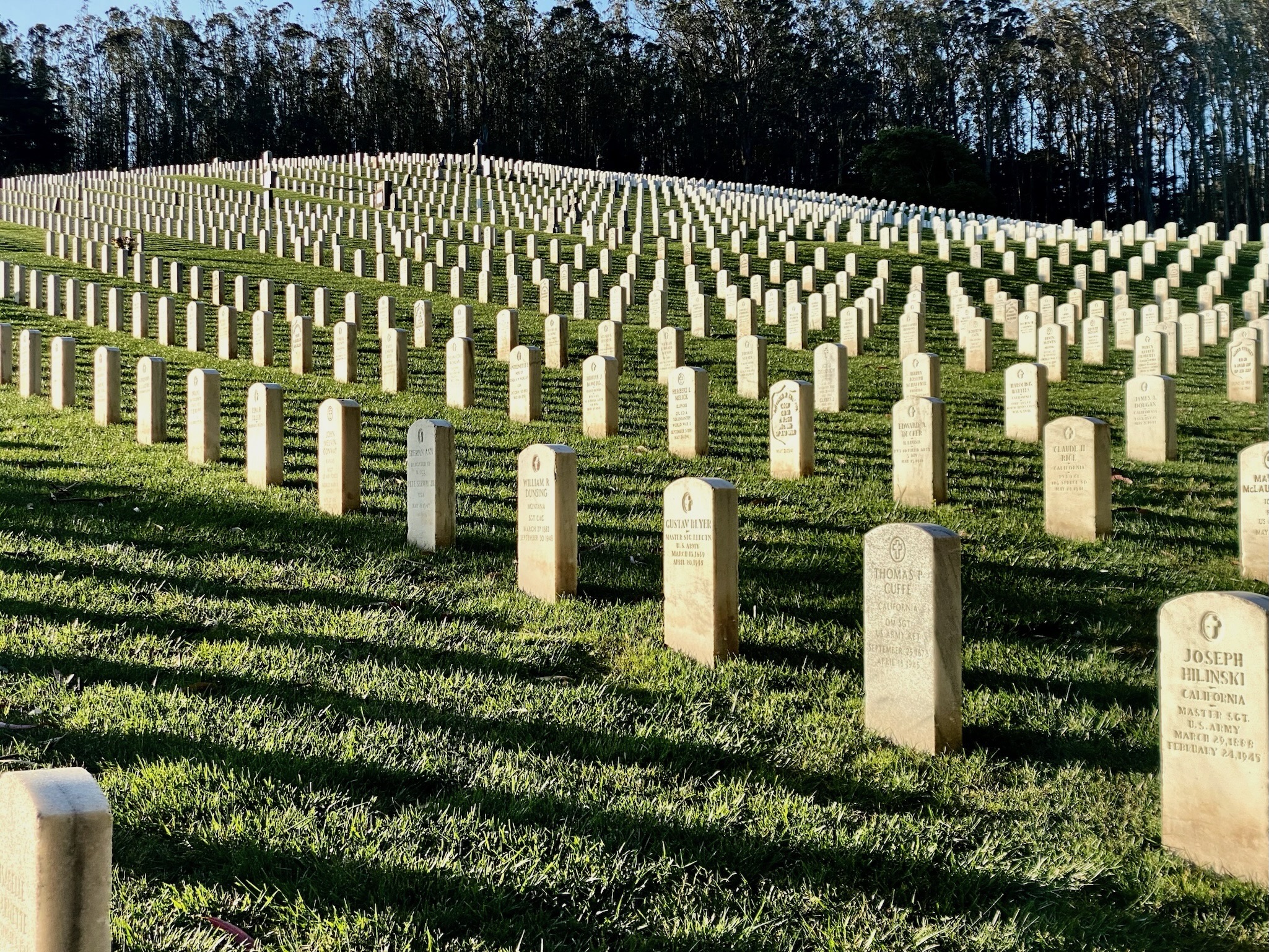
The Years of Fruit and Flight
(maybe a Saguaro image here??)
It was early in the twenty-first century. My mom was
widowed after 58 years of marriage. She flew up
to see our new home— a solar house on 10 acres
in Bonny Doon in the Santa Cruz mountains.She was intensely comfortable after living 35 years in a
solar home she and my dad had built next to Saguaro
National Monument. Evening fell on us when I asked if
she would like to see a film about World War II.I knew she had become engaged on the day Pearl Harbor
fell. I knew she and my dad married at 21 and 19 the very
next month. They married so young— not knowing
if they would have a future, somewhat like young ones
feel in the era of coronavirus and climate change.I did not know very much about my mom’s experience
of the war— dad was the skilled storyteller in the family.
His ability to charm others with tales of the time he spent
in World War II— flight instructor, teacher of radar—What one would expect from the grandson of a Gaelic
scholar. Dad had died the summer before 911 of a rare
disease that led to his lungs rejecting themselves. We
were all glad he had not been there for 911.Mom had however— opening her up in many ways.
That night in our living room, she reluctantly agreed
to watch the film about the war. She hated war.
Although my dad was buried in Arlington Cemetery,She had no truck with it. She was a peaceful soul.
My grandmother called her, “little peacemaker.”
We turned on the film— a pilot prepared for flight
— he would not return. Mom, uncharacteristically,Asked us to turn off the movie. We did. I expected
she would return to bed, so taciturn was her aspect.
Surprisingly, she began to reveal the nightmarish time
like unravelling a worn, tattered sweater.She described herself as a new bride following my dad
up and down the west coast to Olympia, Seattle in
Washington state, to Portland in Oregon, then Oakland,
Merced— so forth in California. She rode many trainsAlone, with very little cash. My dad always bunked
at Army Air Force bases. She disembarked from
trains, after long rides, such as Columbia, Missouri
to Olympia, Washington, walking miles knockingOn the doors of houses of the towns, asking if anyone
had a room to rent. She transformed— a brown-eyed
bride to an army wife. In the towns where the soldiers
were learning to fly, she found shelter fairly easily.In the wartime, she found employment almost exclusively,
canning in factories outside the peach, pear, and apple
orchards. For three years, she toiled. Her hands were
never the same after such labor.Mom’s hands were chapped cherry red for at least
twenty-five years after the war. She wore plastic gloves
every night as she washed dishes while I stood drying
and putting away. Back-breaking workIn canned fruit factories did pay room and board. She
found comfort with her fruit sisters in canning factories—
yet there were times that left her beyond words. She
learned the names of soldiers who learnedTo fly from my father— a very young flight instructor.
She found out about them from their wives, who canned
along with her in fruit factories. She learned about the
young men from my dad.She knew their faces, and she knew the dread of their first
flight on a mission. In early days of war, she and my dad
got together and thought of a way they could reach out.
Mom would ask the landlord or landlady of the houseWhere she had a room if she and my dad could use the
living room. Mom knew how to get her way. They always
had the rooms they needed. Most evenings they gathered
with wives of men who had flown.Many more did not return than came back. My parents sat
there for hours with the wives and their tears. This ritual
of theirs went on for years in living rooms all up and down
the west coast. I asked Mom if she remembered the name
of the places the men had fallen.The worst, she said, was Anzio Beach. None of my dad’s
students returned. Not a single one. All through those
years, there was very little food.
Not very much bacon or coffee.My dad would ask landlords or ladies with avocados
rotting away in their yards, if they could pick them up
and put them in a suitcase to share with the students
and the army wives.Every night, the states were losing 500 young men.
I wonder if the young ones in the era of corona virus
would understand that we are losing far more than
500 lives everyday.Yes, in the time of World War II, it was hard to imagine
a future. The young men died and died over four years.
My dad had terrible survival guilt, as did my mom. He
never spoke of it to me.Why did my dad get to live? She said he was a good
teacher with flat feet— not the best thing for combat.
In this perilous world war against a virus, I am glad
my mom is ten years gone.I did not want her to see the coronavirus age, or to sense
the uncertainty. The polio epidemic had been enough—
empty little desks in the classroom she taught some ten
years later were very hard on her and me..
-
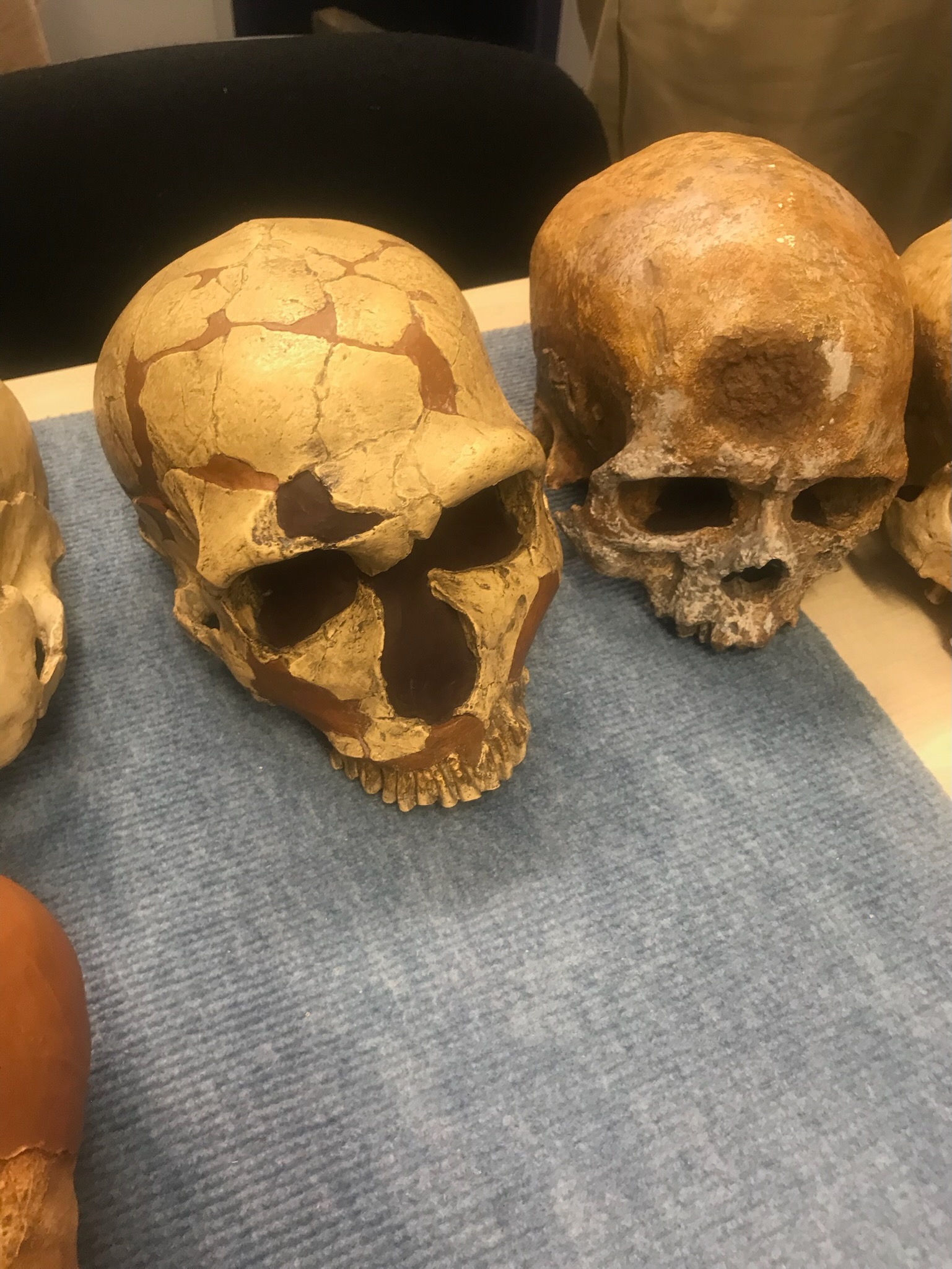
Dying Alone
Tell Me What It Is That You Don’t Want to Know
In the era of coronavirus, we do not want to know what it is
for us to die alone.We were taught that elders have the expectation we shall
pass from this earth to the Otherworld lying on our backs
in the comfort of our own homes.Our dearest friends and relations will be at our sides as we
gently breathe, our hearts and lungs moving in synchronicity
with love— even chanting, singing, music, incense, candles.We are planning to breathe in this exquisite environment
until we can no longer. Many in our generation added
the notion we shall be surrounded by an atmosphere
of hospice, with earth angels watching intently,As breath peacefully expires— what we baby boomers
want for our loved ones as well as for ourselves—
communal experience of death.We have been asked to tell you what we don’t want to know.
We don’t want to anticipate what it might be like in the time
of coronavirus when there is an order mandating we will die
in a hospital, without our friends and family.There is a pandemic, and we may not have time to plan
the perfect death. Circumstances of a coronavirus death
don’t allow us to invite our loved ones to participate in this
most sacred passage.Nurses and doctors may not have time to hold our hands,
know our names— much less soothe our distress. We shall
be among the patients in crowded rooms, corridors,
tents, convention halls, or intensive care wards,Yet, we may not be focused on others. Most of us will
struggle to survive. Patients may be in a coma on a
ventilator or some other respiratory machine.There is no sweet voice singing Amazing Grace—
no candles. Rather, light is fluorescent. Those who
extend compassion to others will be extraordinary—
caring for others without utter self-reference.We who die without ventilators may pass in the
presence of oxygen tubes that malfunction or are
inadequate to aid us to gasp right before we transport
ourselves from a surging hospital hall into the Otherworld.Are we truly alone in that?
I recall lying alone on a cot in a maternity ward in a lying-in
hospital trying to breathe whilst in labor. I heard a woman
crying out in misery on the other side of a light blue curtain
separating us.I called to the nurse to go attend to her. The nurse chastised,
“What is that to you? Take care of yourself.” We imagine
sometimes, if we are in a ward, in this brave new world of
Covid-19, we can call out to a medic to careFor patients on one side or another of our cot.
Often though, we may find ourselves alone in a corridor.
The distance, in this dimension, between our gurney,
and the next is holy ground.
We don’t want you to know how this feels, yetWe have to tell you— this hurts.
-
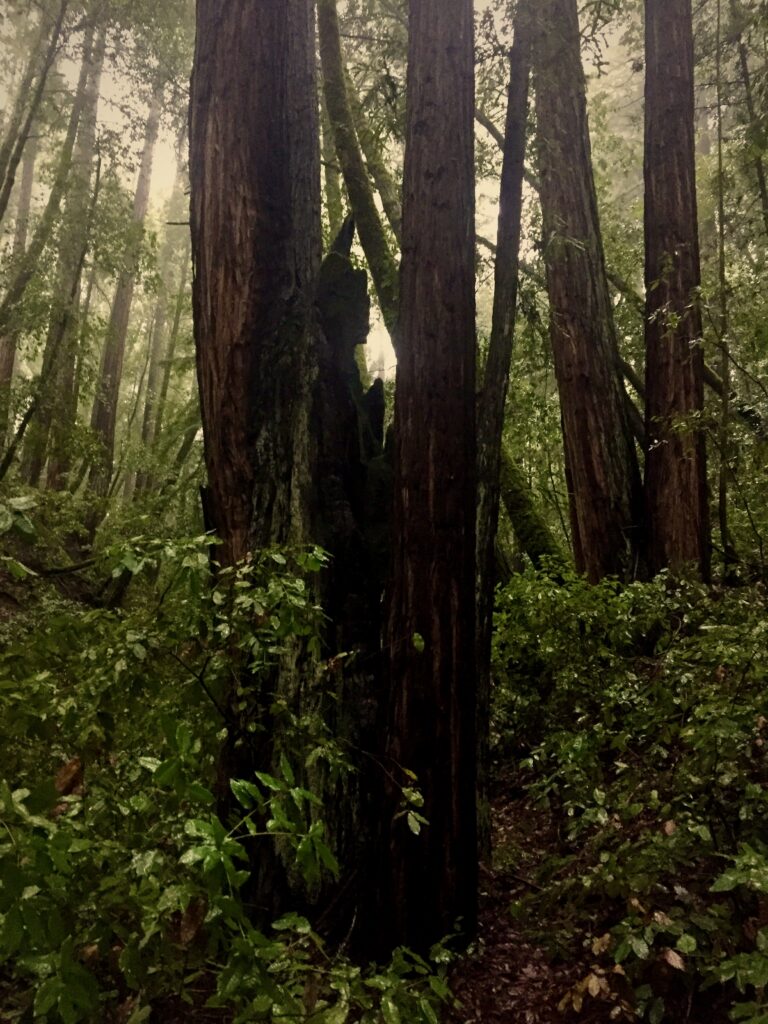
Silence Before the Great Fires
Geoff is drawn to solitaire, cooking. I’m drawn
to humans — words, images, music. My focus —
imagining how words will go down with the species
as pandemic progresses — climate collapse continues.I‘d been instructed — select a random book from
a bookshelf of poetry — find a random poem from
that book. It was about how things would be
without words sometime in the future.We are floating in liminal time — we do not even know
if there will be a future. So there will be many places—
with no words. After finding a poem, we were asked to
write on the theme we found bouncing around in it.We’ve been dealing with grief about uncertainty —
climate collapse will end human kind, its associated
species. I was overcome with thoughts of the imminent
impact of overpopulation of humans’ horrific behavior.I had a terrifying vision, a waking dream— compelled by,
ashamed of. I sensed a pandemic coming that would
affect only humankind and affect them democratically.
It would take out an unfathomable number of usWith an exact and egalitarian illness. It would slow us down.
Furthermore, it would slow down climate collapse significantly.
However, it was brutal. It seemed it might take down half
the species or just finish the whole thing.I didn’t know more than that, but I knew language
was about to experience either a complete end or
a phenomenal transformation — as dramatic as any
wipeout of humans. I saw that.A few months later, I shyly mentioned my vision to
an Italian historian, an old friend— he was repulsed
beyond measure — ranting. I never imagined we
would end this way — yet, I did dream it.A year later, on this nubile hill in the Santa Cruz
mountains, the dream has arrived. It is, in fact,
an initiation like none other. Wanting to protect
Geoff from this scourge — wanting us to be amongThe survivors, yet I know, deep under this desire — any
legacy will be a lengthy undoing. Encompassed by toxic
smoke and ash, from the California wildfires,
I felt compelled to write about it.Now it would seem ash — still particulate — has been
replaced by a phenomenon far more lethal — invisible
droplets — entering the body, sticking to surfaces.
Ash Mothers have morphed into Corona, the Queen,The Crone, Death Mother. Perhaps She will restore
balance. Yet human loss, grief will be endless. In the
night, practicing tonglen — breathing in sorrow, pain —
so many, breathe out love — along with sorrow, pain.What from my past must I uncover to make this initiation
right? I forsook the vocation of journalist. I could not bear
the job of a cub reporter asking the wife, whose husband
has been cut down in a gun fight, “How does it feel?”I am home now — the commentator asking a small girl
hiding under a tiny desk in a schoolroom, “How does it
feel — expecting the world to explode,
taking you alongside?” -
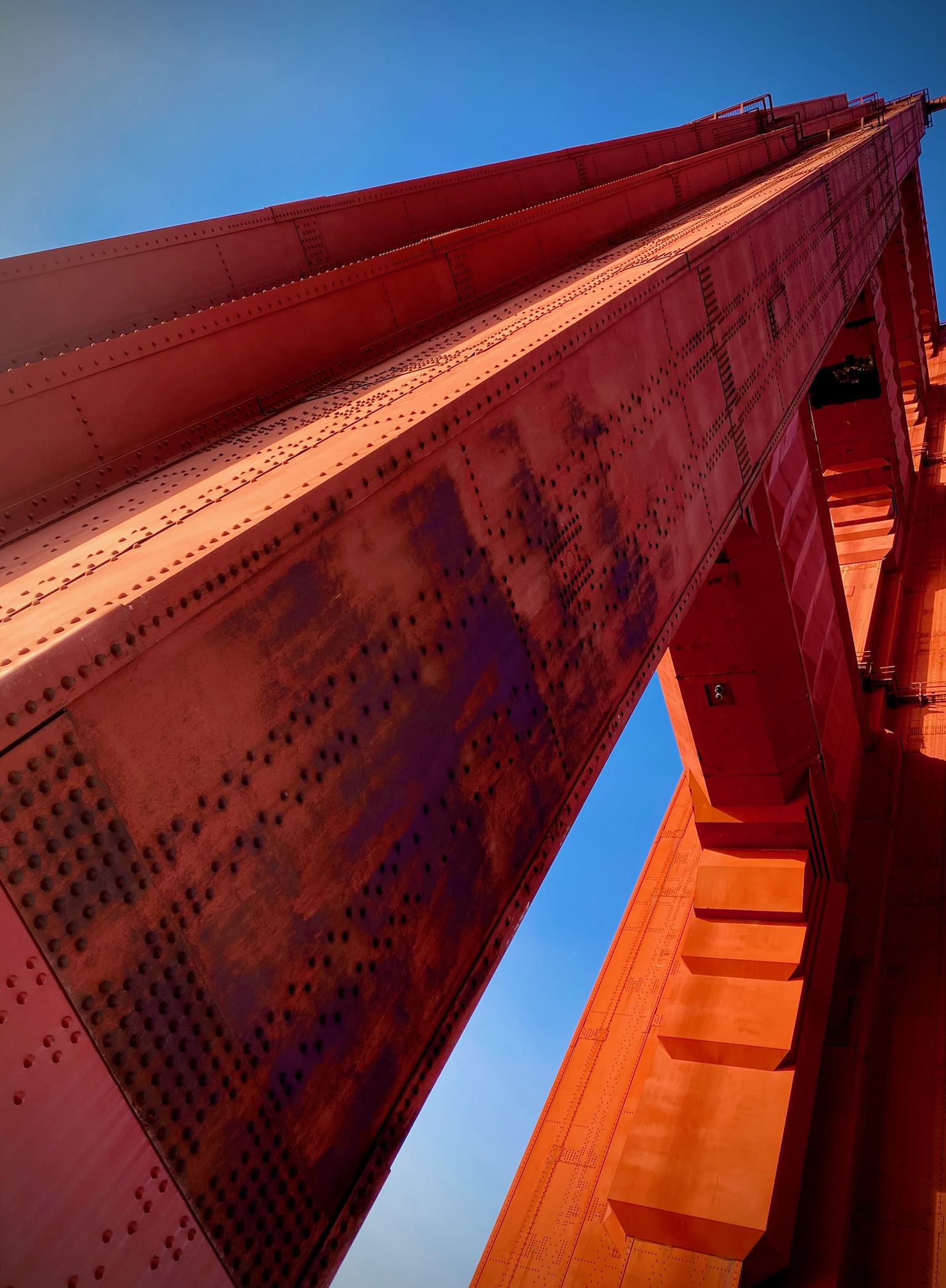
Bearing the Beams of Love
“We are put on earth a little space that we may learn
to bear the beams of love.” William BlakeThis phrase kept running through my mind as Rogues
discussed the writing prompt for that evening. Something
like what could we let go of that would allow ourselves
to find our inner ethic and live differently—To reverse extinctions in our minds. What is there in this
beloved statement to give up? Who is it that put us on
this earth if we all simply belong to the earth? That
Being could be Spirit working together with earth.Do we actually need to learn to take responsibility to love
others? Or is it innate in our natural understanding that
we belong to the earth and all sentient beings belong, the
same as breathing?Is loving a kind of work with physical ramifications,
including actually holding onto the rays of the sun—
metaphorically as well as emotionally? There is so
much to let go of in this realm of Queen Corona.The giving up of companionship in the dedication to
isolation has come over me without as much as a
question mark. The space that has been left to us in
sheltering in place was again a kind of possession ritual.The loss of habitual hangouts came over us unexpectedly.
Obsession with transportation was let go without a whimper.
Cars, boats, planes were rendered irrelevant by the order to
stay at home.The result of an epidemic is uncertainty to the max.
Letting go of anything our earthly mother might need—
parallel to bearing the beams of love? Is letting go
intentional, or is it a force of nature?With Queen Corona’s help, we are immersed in the
lives of trees, animals, minerals, stones, plants,
insects, reptiles, blossoms. We are at the mercy of
the elements, together with other beings,As we observe and let go of multitudes in the continuous
dance of the sixth extinction. We, who are held in parlors
of our so-called possessions, are drawn outdoors by
the landscape of many more who belong to the earth.We were born to witness the return of butterflies, birds,
rats, rabbits, pumas, coyotes, opossums. The idea
that we have participated in self-sacrifice
during these times is a misconception.We may have let go, but we are not lost. Love and beauty
cannot be let go, nor can those humans who died
in the virus— not those sentient species who died
in the extinction.Letting go of aspects of our democracy and all of our
racism could occur simultaneously. Mother Earth has
positioned us to witness it all with love and beauty at our side.
